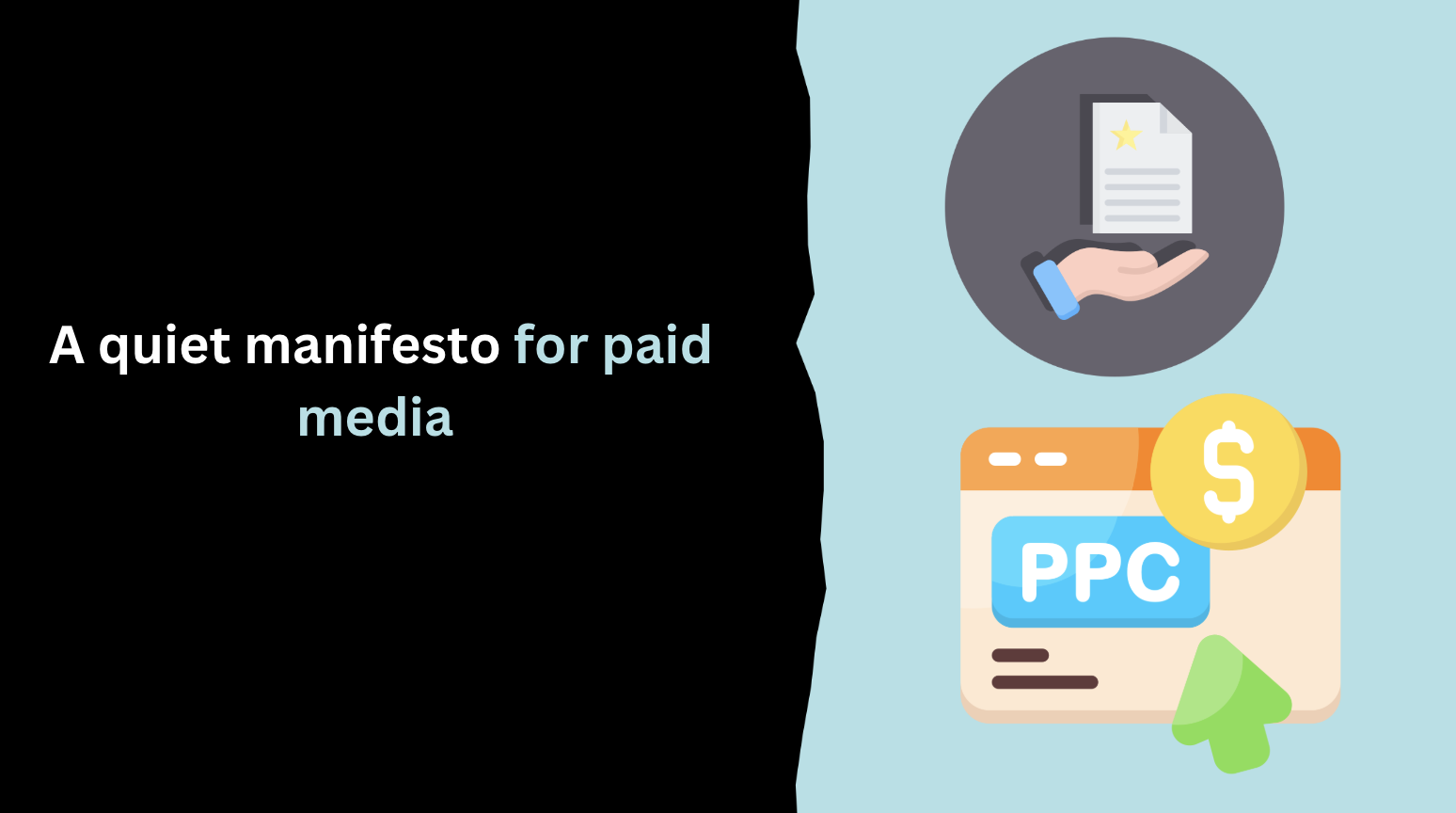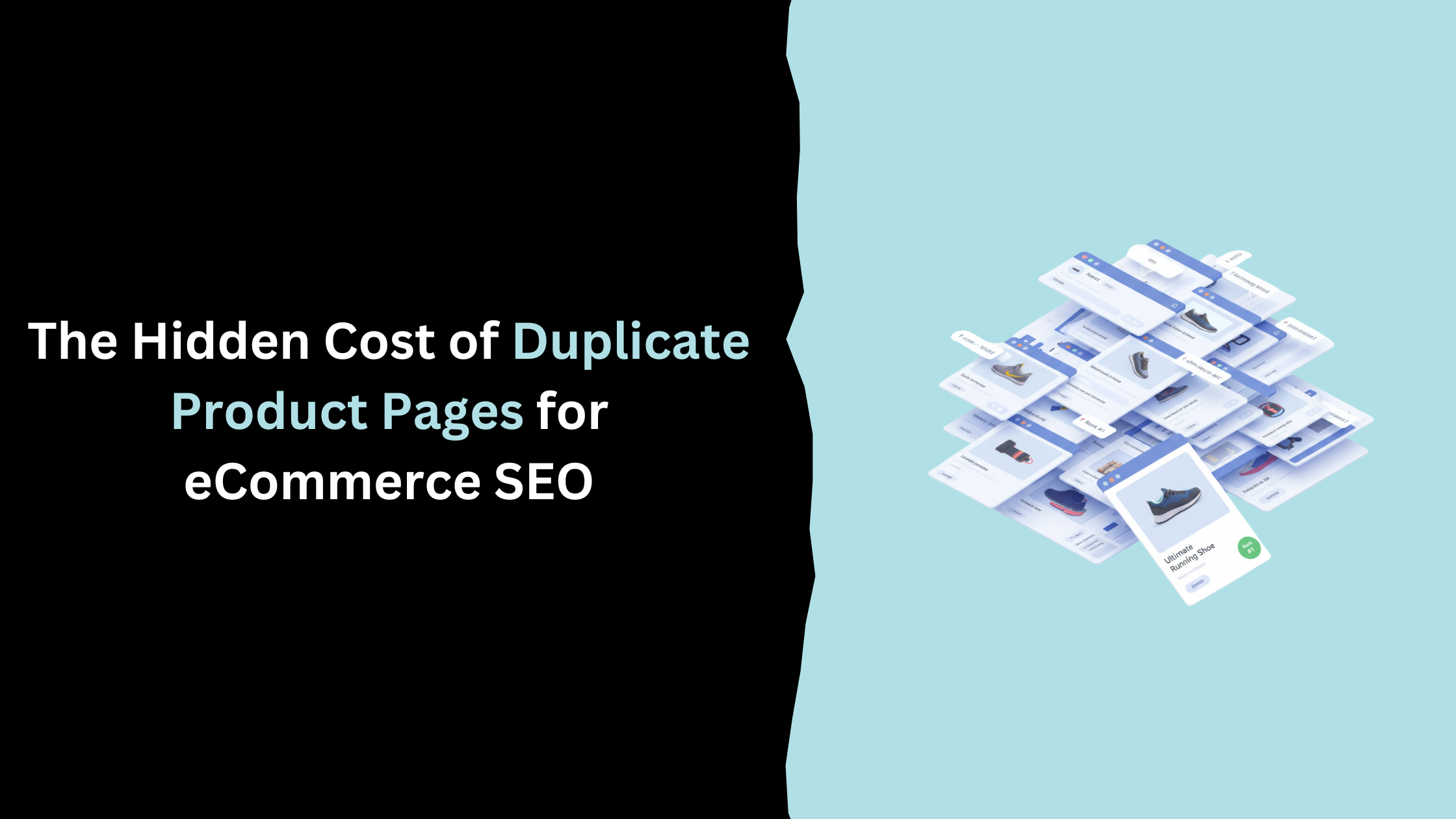Table of Contents
When Ethics Became Economics
A decade ago, “ethical” was a niche label tacked onto boutique brands. Today it’s a business essential. Consumers expect transparency, sustainability, and social responsibility as standard, and they’re quick to abandon brands that don’t deliver.
This shift didn’t happen because people suddenly became virtuous; it happened because access to information made accountability unavoidable. Product origin, packaging materials, employee welfare, everything’s visible. And in an economy driven by scrutiny, ethics are no longer a differentiator. They’re table stakes.
Brands that embrace this reality, like Faith in Nature, Forthglade, and Omorovicza, aren’t just keeping customers happy. They’re outperforming competitors on loyalty and reputation.
Beyond Buzzwords: Building Ethics Into Structure
Too many brands still treat ethics as a slogan. They post about sustainability while manufacturing waste. They talk about community while outsourcing exploitation.
True ethical eCommerce goes deeper. It starts with infrastructure, clean supply chains, fair wages, honest materials, and transparent pricing. These principles aren’t campaignable; they’re cultural.
That’s what separates the trend-chasers from the trailblazers. Faith in Nature doesn’t say it’s ethical, it proves it through certification, sustainable operations, and open reporting. The brand doesn’t ask for trust; it earns it through evidence.
When ethics are operational rather than ornamental, they become a competitive advantage that’s impossible to imitate.
Transparency as the New Trust Signal
Transparency is now a form of currency. Customers don’t expect perfection; they expect honesty.
B Corp certifications, carbon reporting, and recyclable packaging are trust triggers, but so are the small things, explaining why a product costs what it does, or acknowledging what still needs work.
The smartest brands don’t hide their imperfections; they narrate their progress. Sharing your sustainability journey in real time builds a sense of partnership. Consumers become witnesses to your improvement, not judges of your flaws.
This humanises a brand far more effectively than any slick campaign ever could.
How Ethics Translate Into Profit
Purpose and performance aren’t opposites. Ethics drive measurable returns: lower churn, higher lifetime value, and stronger word-of-mouth.
Customers loyal to an ethical brand spend more and advocate harder. They feel emotionally invested because their purchase says something about them. That identity value is something algorithmic competitors can’t offer.
In a post-cookie marketing landscape, where third-party data is drying up, trust itself is becoming a revenue engine. Ethics build that trust.
The Long-Term View
Ethical eCommerce isn’t just about optics, it’s about resilience. Brands that respect people and planet are more likely to adapt to new regulations, attract better talent, and withstand consumer boycotts.
The challenge isn’t whether your brand can afford to be ethical. It’s whether you can afford not to be.
Responsibility has become the new measure of relevance. And in a market obsessed with short-term gains, brands that choose integrity are building equity that lasts.
Get in touch today
complete the form below for an informal chat about your business







.png)
